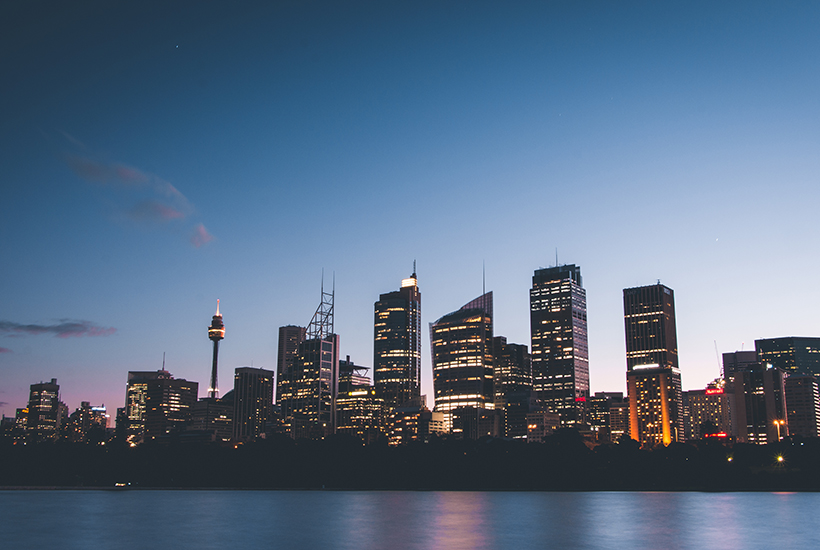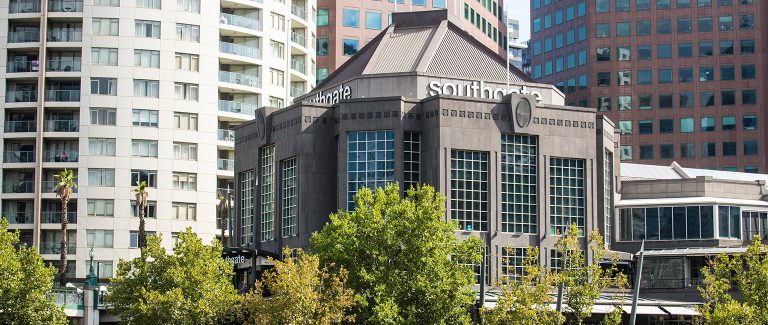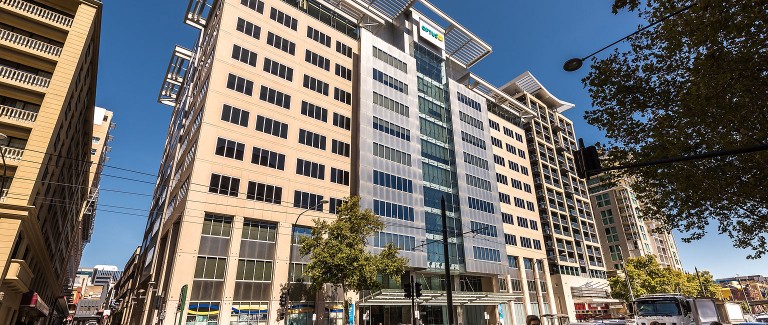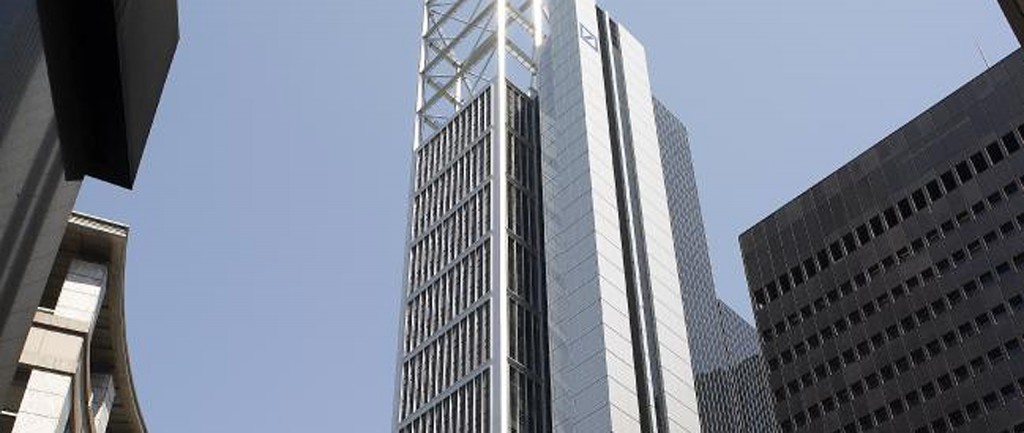Dexus boss tips continued office market growth

The lack of a development surge has protected the office markets from the savage swings in previous cycles with good conditions likely for the next two years, according to Dexus chief executive Darren Steinberg.
“Even with additional supply coming to the market from 2023, long-term projections should see vacancy rates remain below the long term average of around 8 per cent,” Steinberg told The Australian.
Given the hot pursuit of established property assets, Dexus was focusing on its development pipeline, he says.
Commercial Insights: Subscribe to receive the latest news and updates
The office landlord, which controls 103 office and industrial properties, expects to see capitalisation rates in the office market tighten another 10-15 basis points over the next year.
Heavy demand from investors and rising rents were underpinning the sector, Mr Steinberg noted. Dexus, which reports its full-year profit on August 15, last month posted a 3% or $408 million lift in values for the half-year taking the full-year gain in values to 9.3% or $1.13 billion.
Dexus expects up to two further years of growth in the office markets, particularly in Sydney.
“Yields on Sydney CBD prime office buildings are still attractive relative to other assets including bonds, with the current spread of office yields over 10-year bonds of 220 basis points being well above the long term average of 160 basis points,” Steinberg says.
While Dexus would focus on development, the market was likely to see a number of different plays as it became increasingly difficult to buy traditional assets.
“Undoubtably some groups will choose to go higher up the risk curve, I suspect they will be doing that in educated and sophisticated way to manage that risk.”

Dexus CEO Darren Steinberg. Picture: Chris Pavlich
A replay of the strife during the global financial crisis was unlikely, he says. “Its very difficult to see that today, when you consider how well capitalised most of the listed groups are and that there are some deep-pocketed unlisted investors looking to get set in the marketplace as evidenced by the Blackstone’s bid on IOF (Investa Office Fund).”
Major cashed-up groups were watching the Australian market very closely and were looking to invest, he noted. “Blackstone is just one of several groups that continually review the market in Australia.”
The industrial property sector had become a focus for both local and international investors, he says. “Many people are hedging their bets on retail being in a state of challenge and using the industrial as a hedge against retail.’’
There was still demand for quality retail and CBD centres, but secondary sub-regional properties were suffering a shortage of buyers, he says.
Yields on Sydney CBD prime office buildings are still attractive relative to other assets including bonds
In industrial property, Steinberg noted that last-mile logistics had been a key driver over the past 12 months.
“We see that trend continuing over the next two to three years as more retailers get set with regard to their distribution policies.”
“We have a significant development pipeline in industrial and we also have a deep pool of unlisted capital that wishes to develop by our side in that space.”
Among Dexus’s major projects is the $1.4 billion revitalisation of its Eagle Street Pier site in the Brisbane and a $500 million office tower in Parramatta.
This article originally appeared on www.theaustralian.com.au/property.







